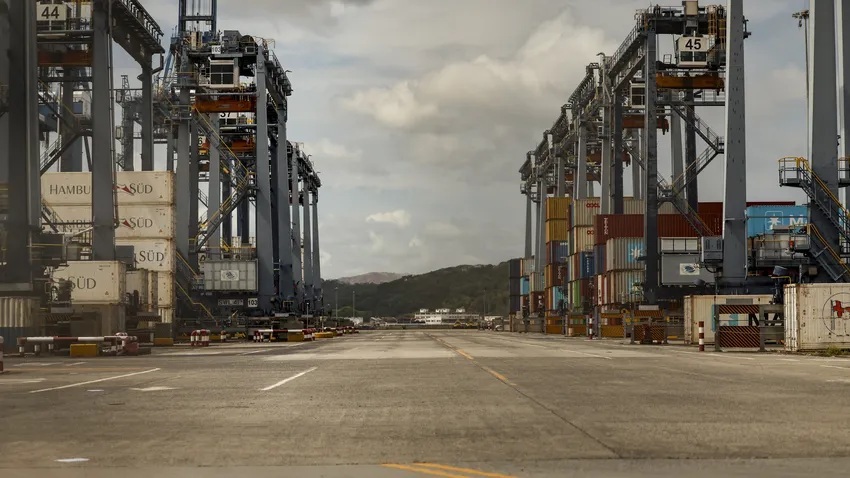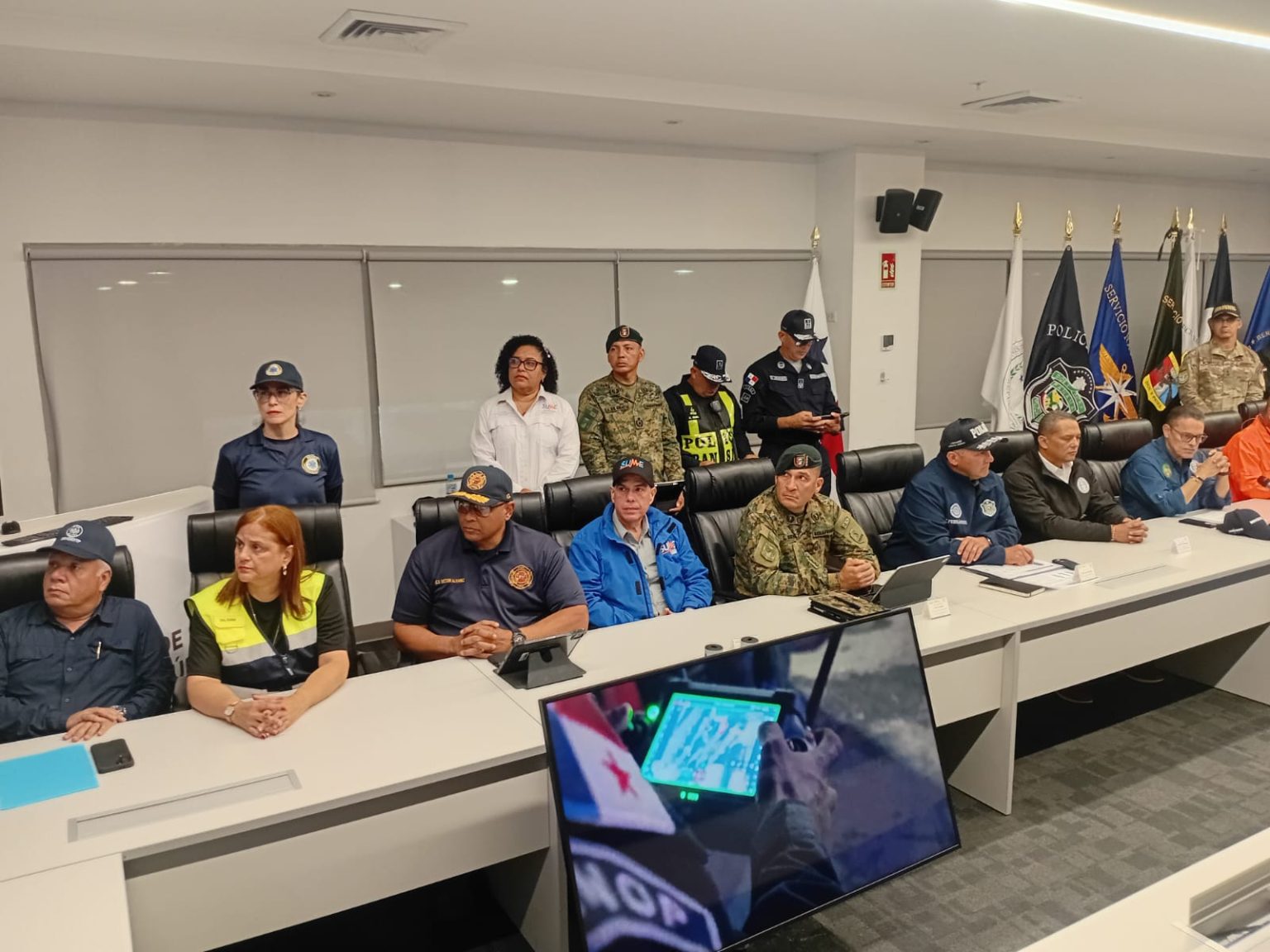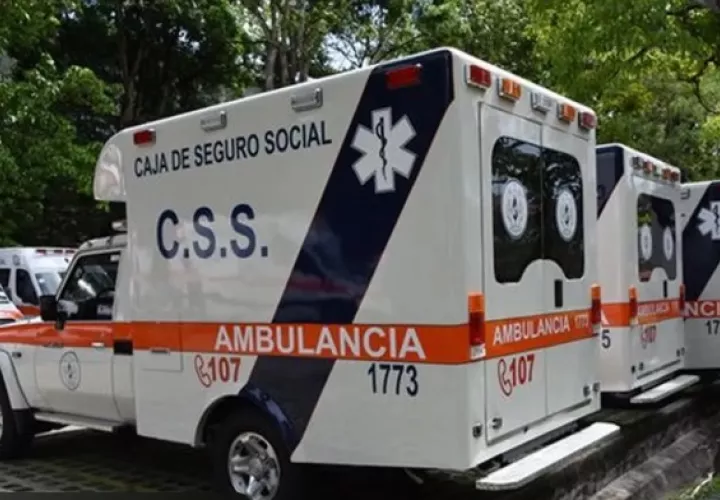Deals unravel as insider maneuvers exposed

AS PANAMA’S NEW administration settles in and unwraps some of the secrets of the preceding government and an inner circle of friends and relatives benefiting from insider deals and direct (no bid) contracts, there are almost daily reports of alleged malfeasance and mismanagement, and of previous agreements unravelling.
In an investigative feature La Prensa reports:
Tailored contracts, direct concessions, business associates given power, changes in state procurement rules and irregularities in the management of public funds are some of the scandals revealed in the administration of former President Ricardo Martinelli.
In addition to calls from civil society during the last election campaign, then presidential candidate Juan Carlos Varela said that if elected he would audit the “harmful contracts” in the state coffers. Two months after being sworn in as president, at least four major businesses deals have been canceled or modified.
These include vehicular surveillance cameras operated by Traffic Safety; the management and operation of parking at Tocumen Airport, by Sky Parking; The deal of Vertikal Corporation Inc., which sought to supply fuel to the planes of the airport; and the gambling venture “Buko Millionaire”, operated by Global Investment Group.
BINGO!
Four years ago, there was no televised bingo in Panama.but a resolution signed by the then Minister of Economy and Finance (MEF), Frank De Lima, approved the rules for this new form of weekly draw, which would compete with the National Lottery (LNB).
Regulations approved by the MEF,and the Gaming Control Board (JCJ), then under Giselle Brea, who has acted as resident agent in most companies in the Martinelli family, would grant the concession for 20 years to the Global Investment Group in a selection process that was later claimed to be illegal.
Global Gaming Corporation, which was not chosen to manage that business, sued the illegal contract two days after the first draw of Buko Millionaire, claiming that the Gaming Board did not apply the same rules of engagement for both parties. Thus, Global Investment Group, whose ultimate beneficiaries are unknown, drew in $12.5 million in nine months of operation and contributed $1.5 million to the state treasury.
The fate of the company suffered an 180 degree change under the new administration. On August 28 the JCJ canceled the concession. The company appealed the decision, and the fate of the group is still pending. Meanwhile, Buko Millionaire continues with its two weekly drawings. The company was “surprised by the decision of the Gaming Board, and was never notified of the audit was being done.”
TRAFFIC SAFETY
In August 2012, the company Traffic Safety was given a 10-year contract that would represent a windfall based on the payback thanks to the conditions of an agreement to supply and operate a system of cameras to catch traffic offenders, which was connected to the computer program of the Transit Authority (ATTT). Four companies appeared at the approval meeting in July 2011. Nine days later, only Traffic Safety presented its proposal and won the contract.
The company, represented by Ricardo Resume Correa, friend and partner of the Martinelli family made a $3 million investment, and would receive 65% of each offense registerd on their cameras. The remaining 35% would go to the state
In 2012, in a few days the number of speeding fines amounted to 8000, at $50.
Of the $ 400,000 generated $ 260,000 would go to the company. After a year, Traffic Safety and have more than recovered its investment. The state, meanwhile, would have received $ 1.7 million.
After two years of activating and deactivating the service, the contract was reviewed and the percentage of the commission allocated to each party, was reversed by the Supreme Court. The Varela administration, suspended the service temporarily after a lawsuit filed by the National Association of Vehicle Lessors.
TOCUMEN
During the election campaign, President Varela directed multiple questions at Tocumen, SA.’s management of the airport. Many of his criticisms were of the company responsible for parking, Sky Parking, SA., initially called RepublicParking Tocumen, SA .
Using the mechanism of direct recruitment by invitation, without the obligation to make it public, the former manager of Tocumen, SA, Juan Carlos Pino, with the approval of Panama’d Comptroller Gioconda Torres de Bianchini- managed a business circle for the airport represented by businessman Gabriel Gaby Btesh and lawyer Francisco Pérez Ferreira.
According to statements from Varela when he was campaigning, Btesh was the “architect” of the deals between the Executive and a handful of Panamanian businessmen.
When the 20 years contract was awarded, Sky Parking, which had no experience in this type of business, the company increased the cost of service by 66%.
But to win the business, Sky Parking was forced to ally itself with a company that had experience in these matters. That was when Republic Parking surfaced, with one of its prime shareholders Frankie Francisco Martinelli, cousin of former president Ricardo Martinelli
When the new administration took office Sky Parking irrevocably ended the contract with a letter that gave no explanation of its decision.
According to Joseph Fidanque III, the new manager of Tocumen, the state will raise $3 million annually for the collection of parking lots, and not $500,000 as before.
BTESH
The Btesh business relationship does not end with Tocumen parking lots. His real estate firm Btesh & Virzi is involved in another millionaire negotiated with the airport. Vertikal Corporation Inc., whose legal representative, Lucas De Leon, shares the company with businessman Pipo Felipe Virzi, planned to install a pipeline in the Bay of Panama to supply fuel to the aircraft terminal. Before the ousting of the previous government, the Panama Maritime Authority (AMP) received the endorsement of the Cabinet to approve the use by Vertikal of 4.5 hectares of seabed of in the Bay wetland. The investment, which could directly affect the flora and fauna of the area, was $35 million.
Despite the threats, the National Environmental Authority (ANAM), managed then by Silvano Vergara, approved the environmental impact assessment (EIA) without regard to questions from civil societies.
But with the change of government, the game changed. In late August, the new administration of ANAM, now under Mirei Endara, overruled the decision approving the environmental impact study, because of negative impacts on the area, protected by law since 2009





